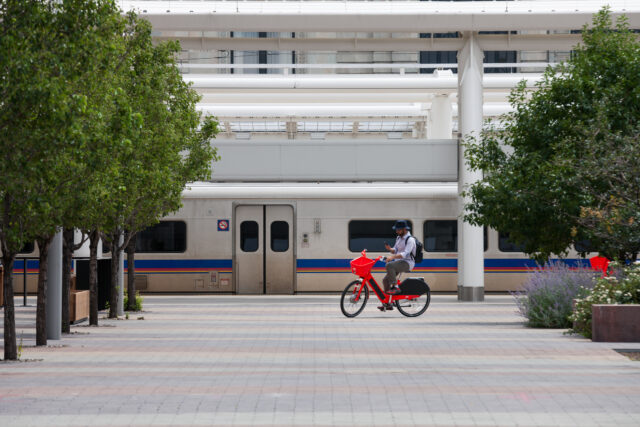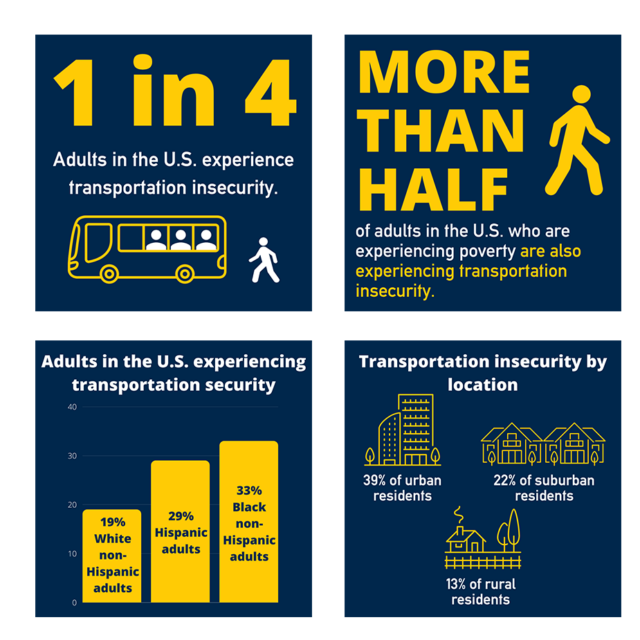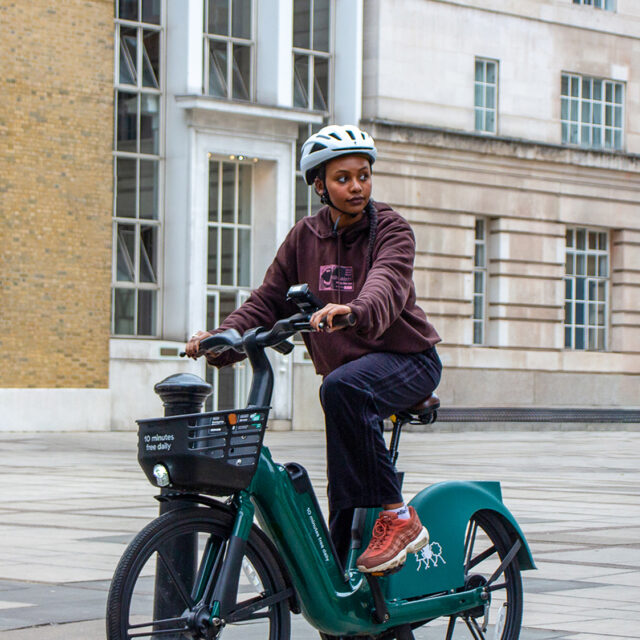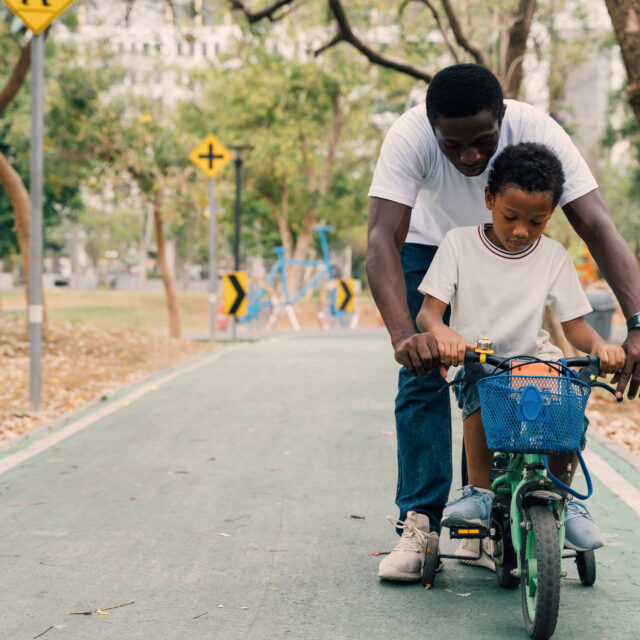When Linked With Transit, Shared Micromobility Boosts Job Access
by Kiran Herbert, Communications Manager
June 20, 2023
According to a new report from NUMO, the quality of a city’s public transportation significantly influences the extent to which e-scooters and bikes improve job access.

To ensure a stable livelihood and high quality of life, people across the globe need access to a range of destinations for work, education, health care, and other opportunities and services. Millions of people the world over, however, are transportation insecure, or lacking the necessary resources to move freely from one place to another. Transit has long served as the go-to option for those without access to a personal vehicle but isn’t consistent across neighborhoods, and many communities remain underserved or without reliable access to it.
According to new research from the New Urban Mobility Alliance (NUMO), local governments can improve access to jobs by further integrating e-scooters and bicycles into their public transit systems. Using new research methods in Cairo, Mexico City, Minneapolis-St. Paul, and the San Francisco Bay Area, the study’s authors completed a series of comprehensive accessibility analyses to better understand the effects of micromobility on travel, as well as account for more realistic conditions for car travel, including traffic congestion and parking time.
The case studies show that the quality of a city’s public transportation significantly influences the extent to which micromobility improves job access. Impressively, micromobility was competitive with cars for commutes under 15 minutes. However, at 30-, 45-, and 60-minute travel time thresholds, job access by car was only matched by a combination of micromobility and robust public transportation.
This study is noteworthy for the methodology used — most accessibility analyses don’t consider micromobility as a first- or last-mile solution, let alone as a standalone transportation mode. What’s more, many analyses make the assumption that cars travel free of traffic and don’t account for the time it takes to find parking, park, and exit the car to get to the final destination. Over time, this has led to what the researchers dub “gross overestimations of accessibility by car, making cars falsely appear faster than other modes for many trips.”
Painting a more accurate picture of a city’s transportation landscape is helpful for several reasons. First, it can help planners understand the important role micromobility and transit play in a city, especially when used in conjunction. This can spur targeted deployment, helping meet greenhouse gas emissions goals and facilitate mobility for those that need it most. NUMO’s new methodology can also help cities estimate how changes in job access are distributed among neighborhoods and among people of different races and incomes, which is crucial when it comes to prioritizing investments.
For example, in the San Francisco Bay Area and Minneapolis-Saint Paul, researchers found that micromobility improved job access more for lower-income residents than for the average resident. While in San Francisco, micromobility led to a more equitable distribution of job access across areas of the city. Interestingly, researchers also found that in the Bay Area, dockless micromobility improved accessibility by 3-6% more than docked micromobility did.
Going forward, cities can use NUMO’s methodology — which is open source for that reason — to better understand local job accessibility specific to different populations. With good data in hand, local municipalities can then work with shared micromobility and transit operators to set policies that benefit transportation-insecure residents. An added benefit? Getting more folks out of their cars and to where they want to go quicker.
The Better Bike Share Partnership is funded by The JPB Foundation as a collaboration between the City of Philadelphia, the National Association of City Transportation Officials (NACTO), and the PeopleForBikes Foundation to build equitable and replicable bike share systems. Follow us on LinkedIn, Facebook, Twitter, and Instagram, or sign up for our weekly newsletter. Have a question or a story idea? Email kiran@peopleforbikes.org.



